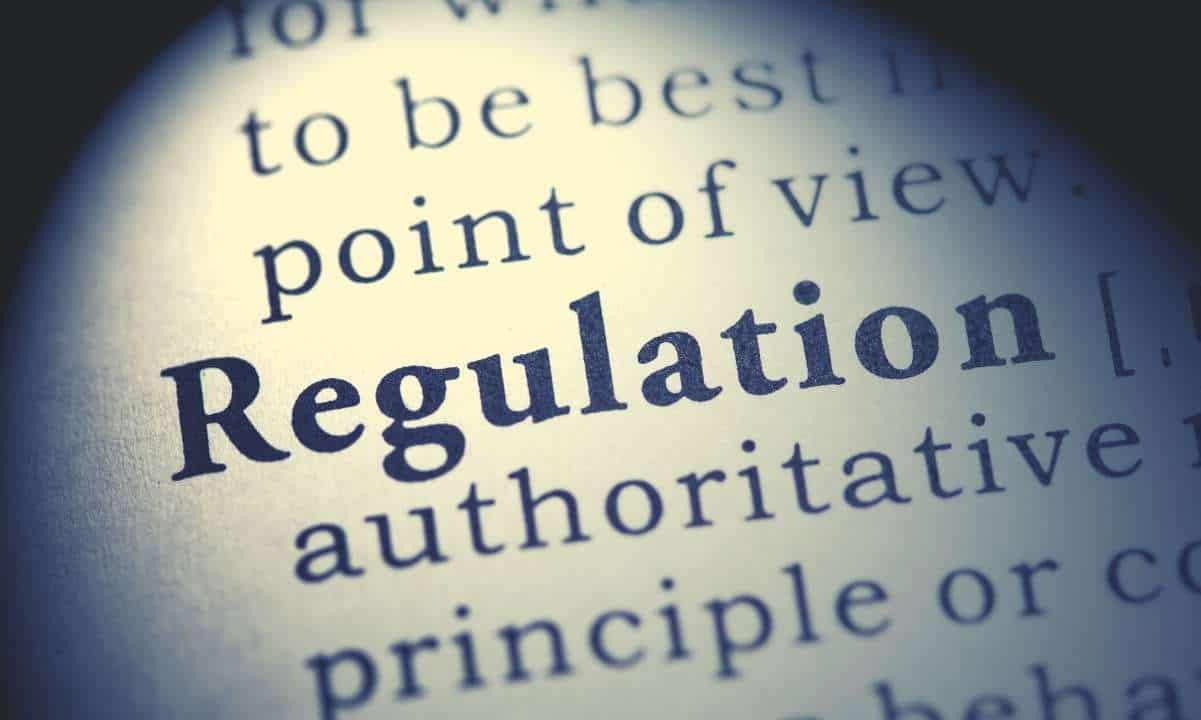The proactive approach to framing crypto-specific guidelines comes as a respite after years of conversations about an outright ban on the sector that was initially mooted by the Reserve Bank of India.
The Indian government may have shelved its plans to impose a blanket ban on crypto, but there’s still a long way to go, and the latest development depicts that the country’s approach has been a bit of a rollercoaster ride.
A “Positive Precedent” for the World
Indian financial regulators came to the realization that regulating this domain effectively necessitates collaboration beyond a single nation’s borders. The alternative would be an exhaustive attempt to oversee and control every device connected to the internet.
As such, India has resorted to opening discussions with relevant stakeholders to chart a path forward. This year, India took on the role of presiding over the G20, offering a distinct chance to shape worldwide financial policies, especially cryptocurrencies.
The G-20 leaders’ statement has officially supported the Financial Stability Board (FSB) recommendations for overseeing and regulating the activities related to crypto-assets. They have also embraced a synthesis paper presented by the International Monetary Fund (IMF) and the FSB.
This report outlines a roadmap for a unified regulatory framework that takes into account various risks, including those unique to emerging markets, as well as risks associated with money laundering and terrorist financing.
A proactive approach to framing crypto-specific guidelines is a welcome sign, according to Rahul Pagidipati, CEO of ZebPay. In a conversation with CryptoPotato, the exec said the coming few years will be pivotal for the industry.
India’s presidency at G20 signifies an important stride towards establishing a cohesive global regulatory framework for the crypto industry, Pagidipati added. While the initiation of crypto-specific discussions is expected to set a “positive precedent,” there is still a significant journey ahead in terms of formulating regulations for the DeFi sector.
Bone of Contention With DeFi Regulations
Many countries around the world have taken proactive steps in establishing cryptocurrency regulations, even overcoming initial hesitancy. However, the same level of regulatory diligence does not extend to the decentralized finance (DeFi) sector. In the case of the United States, their strategy has been to take an aggressive stance by enforcing regulations first and then working out the specific rules.
In an effort to regulate the decentralized finance (DeFi) sector, the International Organization of Securities Commissions (Iosco), a global authority on securities markets standards, recently released a consultation report with the goal of formalizing its policy recommendations by year-end to tackle concerns related to market integrity and investor protection within DeFi.
The DeFi sector has disrupted numerous foundational principles of traditional financial regulation, which typically depend on identifying a central individual or entity tasked with ensuring market fairness and investor protection. Hence, it’s a tricky matter to determine who should be in charge of regulating the space.
On that aspect, the CEO of the Indian crypto exchange urged,
“International statutory bodies that have a global reach can collaborate with blockchain and crypto organizations in framing cohesive regulations without hampering innovations. This can ensure that common standards are achieved, clear and comprehensive guidelines are framed and applicable laws are enforced.”
Binance Free $100 (Exclusive): Use this link to register and receive $100 free and 10% off fees on Binance Futures first month (terms).
PrimeXBT Special Offer: Use this link to register & enter CRYPTOPOTATO50 code to receive up to $7,000 on your deposits.
